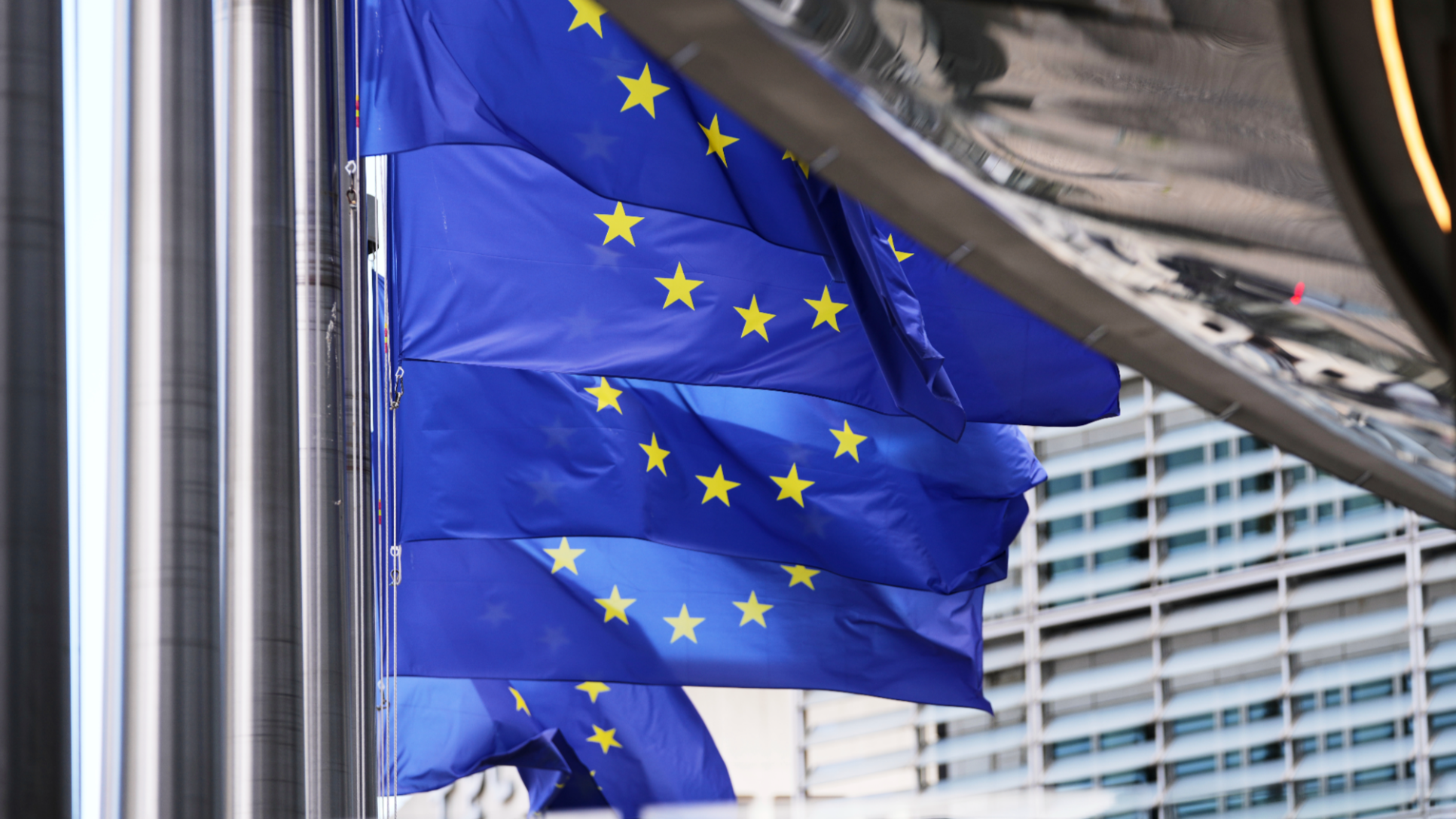
BRUSSELS - The European Commission on Friday presented its 19th package of sanctions against Russia for approval by the European Union (EU) member states, following a one-week delay prompted by pressure from the United States for tougher measures.
"We can confirm that the commission has adopted a new package of sanctions against Russia, the 19th package," European Commission Chief Spokesperson Paula Pinho said at a press conference in Brussels.
The new package will target "Russian banks, crypto assets, and energy imports," European Commission President Ursula von der Leyen announced on social media platform X on Tuesday, after she held a phone call with US President Donald Trump.
With about 19 percent of Europe's gas supply still coming from Russia via the TurkStream pipeline and liquefied natural gas (LNG) shipments, the EU is also discussing accelerating a ban on Russian LNG as part of the new sanctions, according to media reports.
Over the past weekend, Trump has called on European allies to halt remaining purchases of Russian oil, and even suggested that members of the Group of Seven and NATO impose duties on countries facilitating Russia's energy exports, claiming such steps are needed to weaken Russia's economy.
The commission "will also propose speeding up the phase-out of Russian fossil imports," said Ursula von der Leyen in her X post. The phase-out of Russian fossil fuels is currently planned for completion by Jan 1, 2028.
The new EU sanctions package had originally been expected to be presented to member states last Friday. However, a high-level EU team trip to Washington and efforts for coordination delayed it a week. EU officials said sanctions will be phased carefully to avoid energy price shocks or supply shortages within the bloc.
ALSO READ: Russian nuclear submarines conduct missile launches in Sea of Okhotsk
Former Munich Security Conference Chairman Christoph Heusgen has urged the EU to increase pressure on Hungary and Slovakia to reduce their reliance on Russian energy, noting that Hungary still imports about 60 percent of its oil from Russia, while Slovakia depends on Russia for roughly 75 percent of its energy needs.
Ukraine has urged a swift adoption of the 19th sanctions package. Ukrainian Foreign Minister Andrii Sybiha said in posts on X earlier this week that "coordinated steps across the Atlantic" are essential to deprive Russia of resources for the conflict. "Now the focus must be on making the 19th package even tougher," he said.
Meanwhile, Russia has downplayed the impact of the pending sanctions. Threats from Washington and Brussels, voiced regularly, "have no effect and will not change anything," Foreign Ministry Spokesperson Maria Zakharova said at a news briefing Friday. She also criticized the EU's push to abandon Russian energy, calling it "suicidal sabotage" and warning that Brussels is exhausting itself.
The EU has adopted 18 sanctions packages against Russia since the start of the Russia-Ukraine conflict in 2022, targeting finance, technology and energy. The 19th package will test the bloc's ability to maintain internal unity while responding to mounting U.S. pressure for faster and broader action, analysts say.


